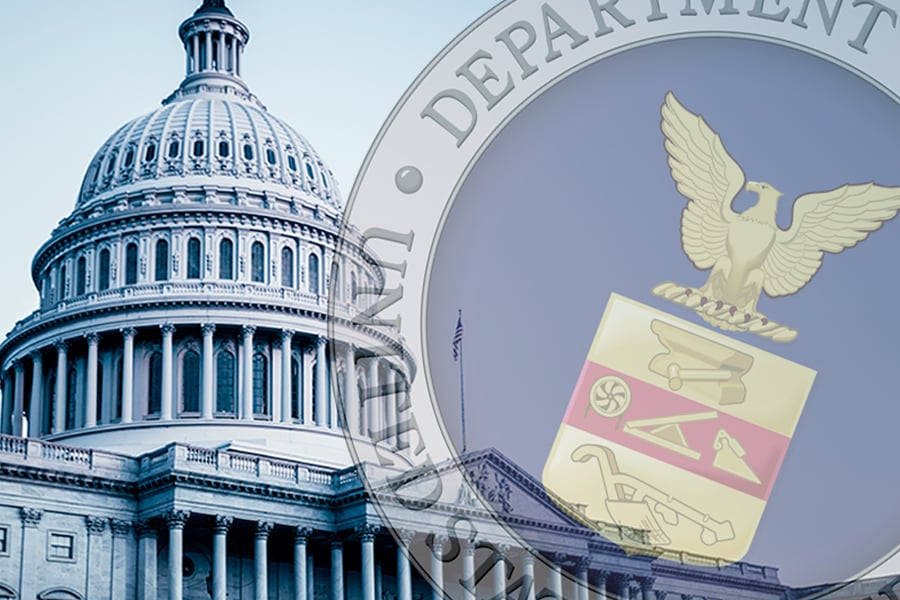


The wealth tech platform says its newly secured patent represents crucial advances in digitizing outdated manual processes.

Financial advisors offer their thoughts on the President's widely anticipated executive order to open retirement accounts to private market assets.

The SEC says First Liberty lured investors with high-yield promissory notes, then used fresh cash to cover defaults and interest owed to earlier investors.

The agency's decision to stay the approval process just hours after signing off highlights ongoing ambiguity for new crypto-focused ETF offerings.

Meanwhile, Cetera has boosted its own recruitment numbers with new additions from LPL and Osaic.
Orion's Tom Wilson on delivering coordinated, high-touch service in a world where returns alone no longer set you apart.
Barely a decade old, registered index-linked annuities have quickly surged in popularity, thanks to their unique blend of protection and growth potential—an appealing option for investors looking to chart a steadier course through today's choppy market waters, says Myles Lambert, Brighthouse Financial.
